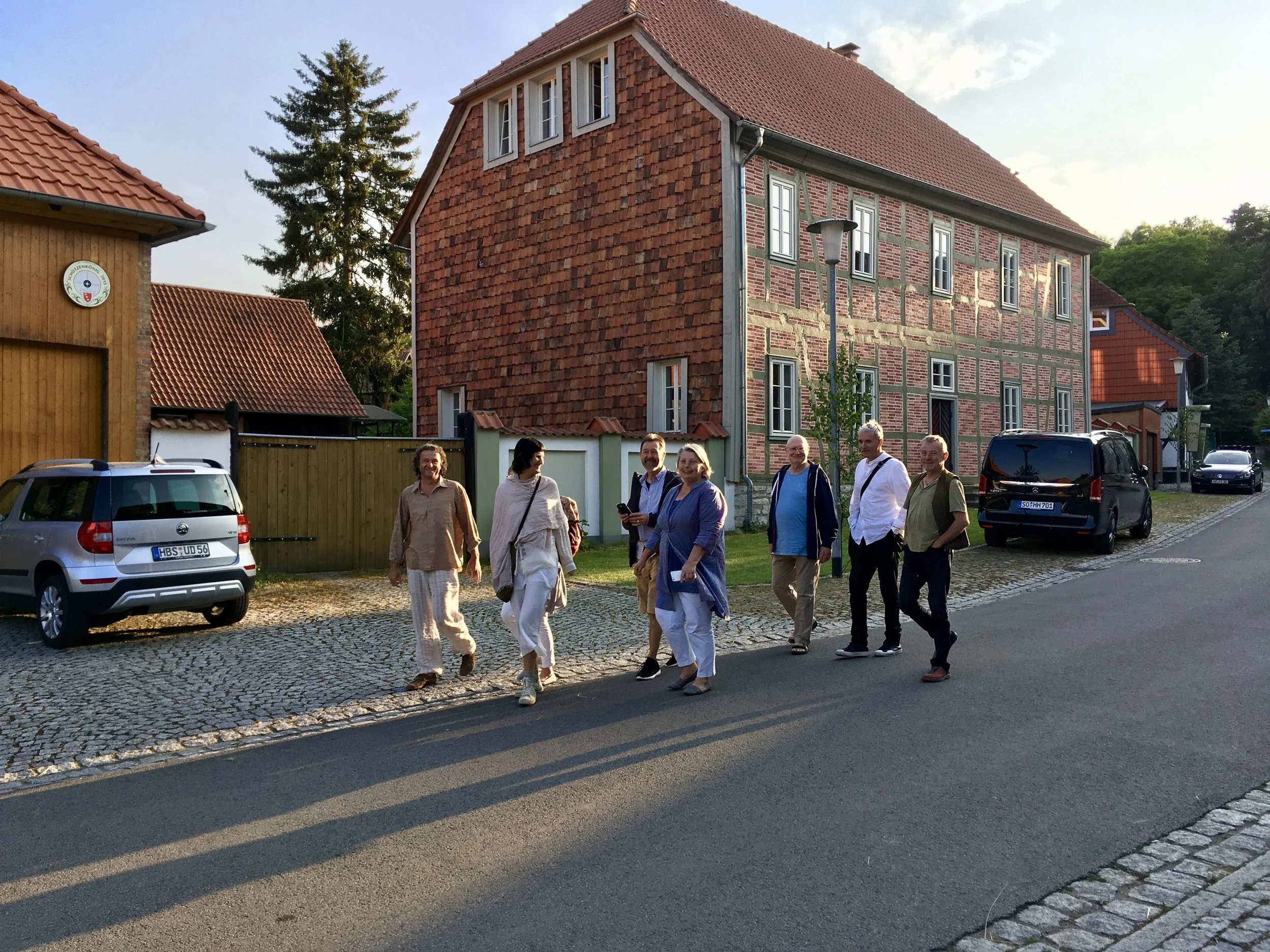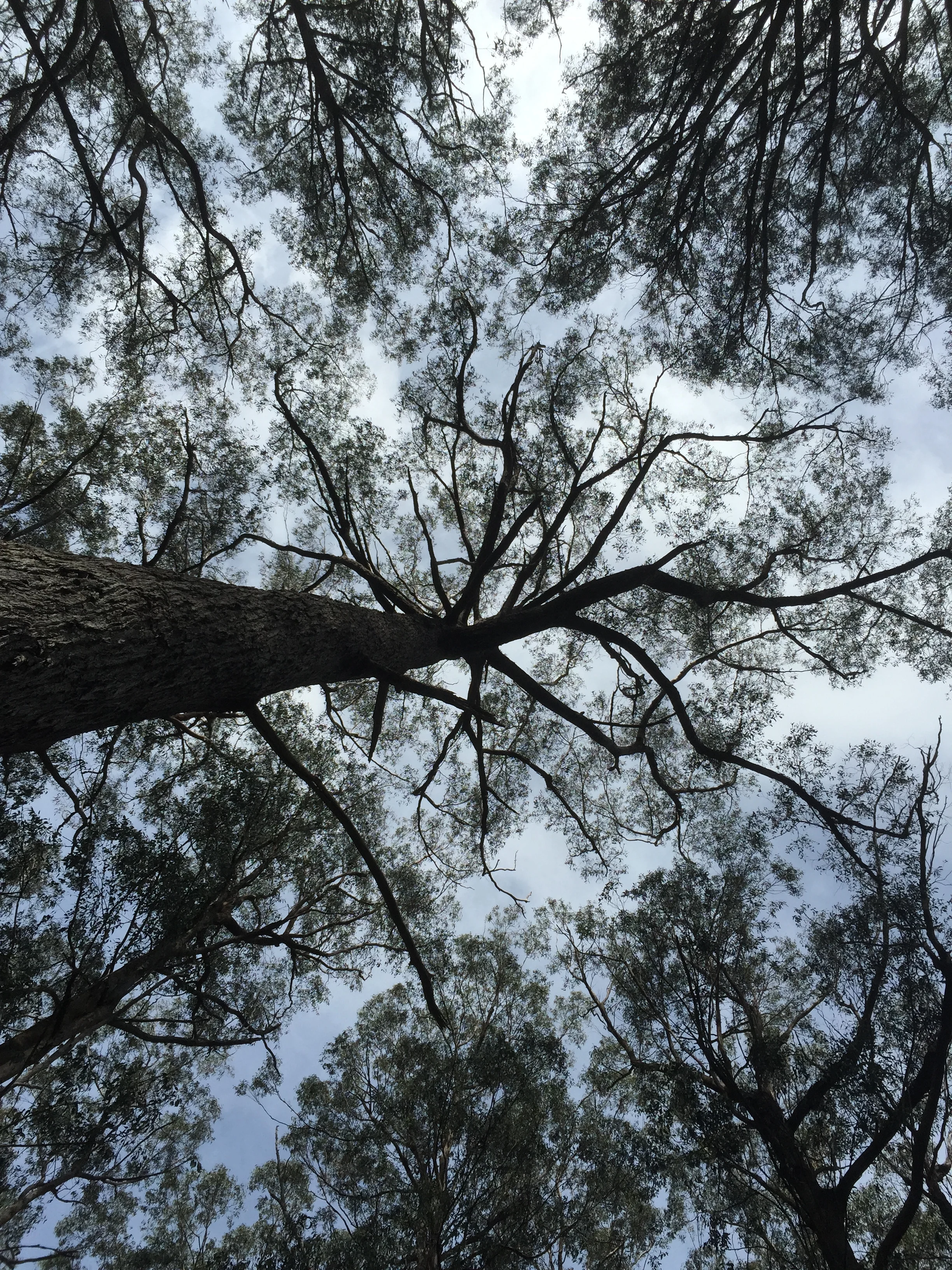Vande Mataram
/2018 was the last time I engaged with this website. At that time, Dadi Janki (1906-2020) was the Administrative Head of the Brahma Kumaris, Dadi Gulzar (~1928-2021) was Joint Administrative Head along with Dadi Rattan Mohini (1925- ) and Ishu Dadi (unknown-2021).
In the space of two years, the Brahma Kumaris has farewelled three great women leaders from the original generation.
With deep respect, I recognise the leadership of the vibrant and enigmatic Dadi Janki, the powerful and contemplative Dadi Gulzar, and the humble and loyal Ishu Dadi. These three women, along with Dadi Prakashmani, led this remarkable institution from being a little known band of primarily women and girls in NorthWest India, to a highly respected global organisation.
The capacity of these women to love, uplift, and open the way to others, continues to inspire me. They live in my heart. May the world move in the shadow of their lives.


















